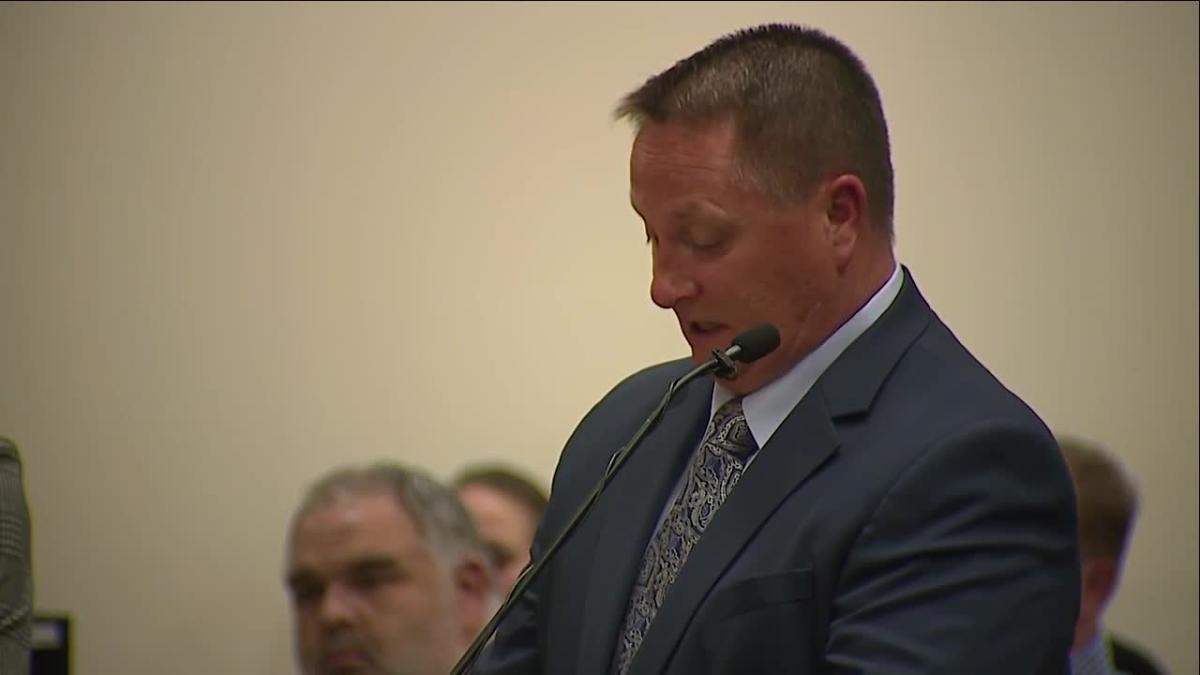
In a series of high-profile trials, paramedics Jeremy Cooper and Peter Cichuniec have been sentenced for their roles in the 2019 death of Elijah McClain. The case, which brought sweeping public safety reforms in Aurora, Colorado, marked the final chapter of a five-year investigation that thrust the Denver suburb into the national spotlight.
Cooper was sentenced to four years of probation with 14 months of work release on April 26, 2024. He was found guilty in December 2023 of criminally negligent homicide for injecting McClain with ketamine while the young man was in police custody.
Cichuniec, a former lieutenant with Aurora Fire Rescue, received a five-year prison sentence on March 31, 2024. Both men were charged alongside three police officers for their roles in McClain's death.
McClain died days after being subdued by police and injected with ketamine by Cooper. The case gained national attention due to the public outcry over racial injustice and police brutality, as McClain was an unarmed Black man who had committed no crime before his encounter with law enforcement.
The convictions of Cooper and Cichuniec called into question the role that paramedics play in police encounters. The trials highlighted the importance of proper medical assessments and adherence to standard protocols when administering sedatives to individuals in police custody.
McClain's death helped fuel the 2020 social justice protests, which brought about a nationwide reckoning over racist policing and deaths in police custody. The case also raised awareness of the need for reforms within emergency medical services and law enforcement agencies.
The sentencing of Cooper and Cichuniec marks a significant step towards accountability for their actions, but it is important to remember that this is only one aspect of a larger issue. The fight for justice and equality continues as we strive to create a fairer, more equitable society.




